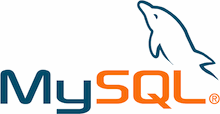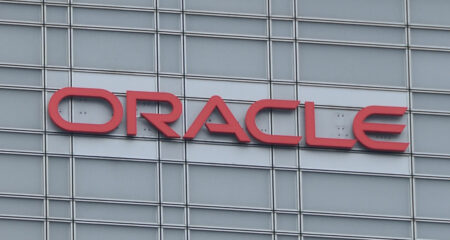 In many ways, MySQL embodies the ideals of the populist software movement known as open source, in which a program’s creator releases it to the world free of charge, and legions of volunteers contribute improvements that are also freely shared, says The New York Times.
In many ways, MySQL embodies the ideals of the populist software movement known as open source, in which a program’s creator releases it to the world free of charge, and legions of volunteers contribute improvements that are also freely shared, says The New York Times.
The start-up company came out of nowhere, building a database application beloved by vibrant, young Internet companies. Logging in from homes scattered around the globe, its workers seemed more a part of a virtual commune than a corporate monolith, and they relished taking on proprietary software giants like Microsoft.
But like most open-source companies, MySQL’s sales, tied to support deals, never matched the astronomical number of downloads for its product, about 60 000 a day. In January 2008, the founders decided to sell the company for US$1bn to Sun Microsystems. And this year, Sun agreed to sell itself to Oracle, which makes database software aimed at larger companies and tougher jobs, for $7,4bn.




